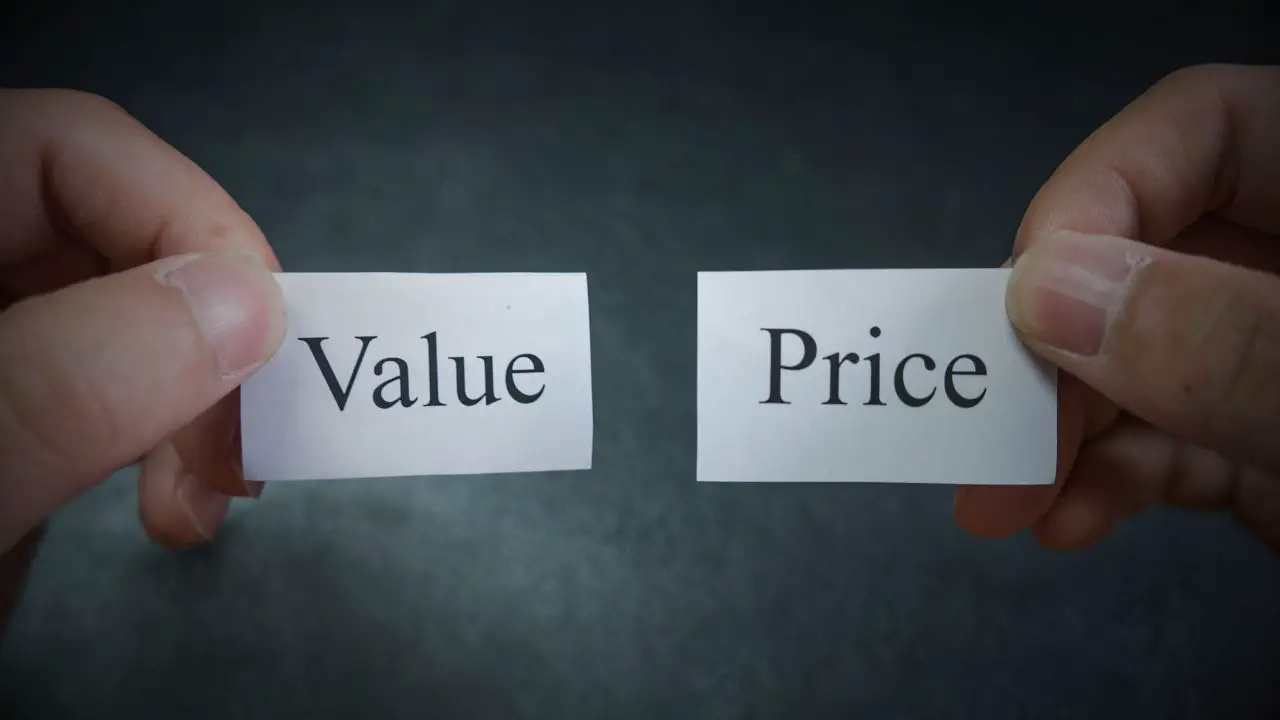The settlement price is the official price at which a financial contract, such as a futures or options contract, is settled at the end of the trading day. This price is determined by the exchange and is typically calculated as an average of the contract’s traded prices during a specific period or based on a set of rules established by the exchange.
Why Settlement Price Matters
Understanding the settlement price is crucial for investors for several reasons:
- Profit and Loss Calculation: The settlement price is used to calculate the profit or loss for a position held in a futures or options contract.
- Margin Requirements: Exchanges often require investors to maintain a certain amount of margin (collateral) based on the settlement price. This ensures that investors have enough funds to cover potential losses.
- Benchmarking and Indexing: Settlement prices can be used as benchmarks for various financial instruments and indices, such as commodity indices or interest rate benchmarks.
Examples of Settlement Price
To better understand the concept of settlement price, let’s explore two examples: one involving a futures contract and the other an options contract.
Example 1: Futures Contracts
Consider a futures contract for crude oil, which is traded on an exchange. At the end of the trading day, the exchange calculates the settlement price for the crude oil futures contract by taking an average of the traded prices during the last few minutes of the trading session.
This settlement price is then used to mark the contract’s value to the market, allowing investors to determine their profit or loss for the day, as well as their margin requirements.
Example 2: Options Contracts
Now, let’s take a look at an options contract for a stock. The settlement price for an options contract is determined based on the underlying stock’s price at the end of the trading day. This price is used to calculate the intrinsic value of the option, which is then used to determine its overall value.
FAQs
The settlement price is the official price at which a contract is settled at the end of the trading day, while the closing price is the final price at which a security trades during a regular trading session. Settlement prices are typically used for futures and options contracts, whereas closing prices apply to stocks and other securities.
The settlement price for a futures contract is typically determined by the exchange, based on an average of the contract’s traded prices during a specific period or a set of rules established by the exchange. This ensures that the settlement price accurately reflects the market’s value.
No, the settlement price is calculated and published by the exchange at the end of the trading day. However, the market price of a contract may fluctuate throughout the trading day, ultimately affecting the settlement price calculation.



